
By Prof. Dr. Wan Izatul Asma Wan Talaat, Head of Centre for Ocean Governance (COG), INOS
He was first trained as a civil engineer at Heriot-Watt University in the UK. But after graduation he never went into building and infrastructure construction, a career more commonly associated with those having civil engineering degrees.
Instead, he developed a keen interest in oceanography, which is the scientific study of the oceans. He maintains oceanography still falls within the scope of civil engineering in that it encompasses the effects of the oceans on the coastal environment and communities.
His decision to venture into a different path has paid dividends.
Today, with a host of achievements under his belt, Prof. Fadzil is one of the more successful academics at UMT.
“I have always had a passion for the environment,” he said. “I had taken a few subjects related to coastal engineering at the undergraduate level.”
With a strong love for oceanography, Professor Fadzil subsequently enrolled at the University of Western Australia, and there he completed his PhD in that branch of science dealing with physical and biological aspects of the oceans.
His decision to join UMT as a lecturer after obtaining his PhD was influenced by what the university already had at the time—cutting-edge technological equipment and facilities in his field of study.
“Physical oceanography, my specialization, requires access to the latest analytical apparatus for accurate, detailed results,” he said.
One of the Leading Minds in Oceanography
Having been working in oceanography for the past 17 years, Professor Fadzil is now one of the leading minds in oceanography in Malaysia.
As a lecturer at UMT, he has conducted research in his area of interest, coastal physical oceanography, mainly focusing on field observations and numerical modelling.
He has actively been studying the southern South China Sea, particularly in terms of ocean currents, wind, and waves and its water masses, focusing on the impact of seasonal changes as well as climate change.
Although working in oceanography, Professor Fadzil has not let his engineering skills go to waste. He has applied them in physical oceanography, enabling him to determine the ocean systems’ behaviour and their impacts on both Malaysia’s coastal regions and the inhabiting communities.
“In Terengganu, these studies are important as the monsoon season has a big influence on the livelihood and economic well-being of the people who live along the coast of the state,” he said.
One of the highlights of his study was his discovery of an upwelling system along the east coast of Peninsular Malaysia, turning him into a renowned expert in the dynamics of upwelling system. Upwelling is an oceanographic phenomenon whereby deep, cold water moves towards the ocean surface.
This water contains nutrients that are good for the growth of planktons, the basis of the ocean food chain, thus providing a positive boost to the marine ecosystem.
A young and dynamic academic, Professor Fadzil possesses a vast experience in researching and publishing in his field of expertise.
He has his own research team at UMT, known as the Coastal Oceanography Dynamic (COD) research group. Under his stewardship, the COD team has developed a very significant new knowledge and high-quality research publications on physical oceanography in the country, supplementing the previously inadequate oceanographic profile of the southern South China Sea.
This was possible when in 2014 UMT acquired a research vessel the RV Discovery, research vessel in Malaysia, that changed the course of oceanographic research in the country. Oceanography work was able to be moved further offshore, thus allowing Professor Fadzil’s team to explore new territories in the offshore region. New equipment was also deployed, including the deep ocean buoys that were able to collect long time-series data with various parameters. With new valuable data input, the team managed to publish impactful research on the dynamics of the South China Sea in high-impact journals.
Involved in National and International Collaborations
Professor Fadzil has been involved in many national and international collaborations.
His works in the South China Sea have impressed international collaborators, allowing him to be involved in multiple research projects under the Intergovernmental Oceanographic Commission of the Western Pacific (IOC-WESTPAC).
He has also been appointed as principal investigator for the Upwelling Research Group, comprising members from various regional nations. The group is working to establish constructive information on upwelling sites within the South China Sea.
Besides leading multinational research projects, Professor Fadzil is also leading an ongoing ocean climate project under the Long-Term Research Grant Scheme (LRGS).
Professor Fadzil’s partnership with the First Institute of Oceanography, China, brought him into a very interesting project—the Ocean Forecasting System. Years of work finally bore fruit when a forecasting system with a 5-day prediction of ocean currents, wave heights, and surface temperatures in the region was developed. This operational forecast system, named Malaysia Marine Forecast System (MFAST), is now freely available online for public and industrial use.
As one of the leading oceanography scientists with expertise in ocean observation systems and ocean modelling capacity, Professor Fadzil possesses a broader perspective of the oceanography landscape at both the local and international levels. This has allowed him to be involved in multiple engagements with government agencies and ministries including the Ministry of Science, Technology and Innovation of Malaysia (MOSTI) and the Ministry of Natural Resources, Environment and Climate Change (NRECC).
A Prolific Leader
As INOS director, Professor Fadzil can be considered a prolific leader.
He has introduced a data management approach at INOS and it is now part of the institute’s culture. This approach stresses on researchers’ involvement throughout the whole process in operational management, from data collection to data repository.
On another note, for the past few years Professor Fadzil has made all the staff at INOS involved in innovative products, such as system development, database and repository, module development and new research methods.
To accelerate INOS into a more successful future, he has stressed on internal cooperation between the talents across all levels so that the institute’s Objectives and Key Results (OKRs) can be successfully met.
Professor Fadzil’s leadership is about finding the balance between performing high-impact research and producing innovative solutions for national interests. This is key to INOS’s vision, which sees the institute charting the passage and shaping the future of oceanographic research in the country, in line with the vision of the UN Decade of Ocean Science for Sustainable Development.
Despite his young age, Prof. Fadzil has established himself as one of the more successful academics at UMT, as proven by his several big achievements.
His decision to go in a different direction after obtaining his civil engineering degree appeared to be the right one.
Surely, Professor Fadzil has never regretted staying away from buildings and structures.
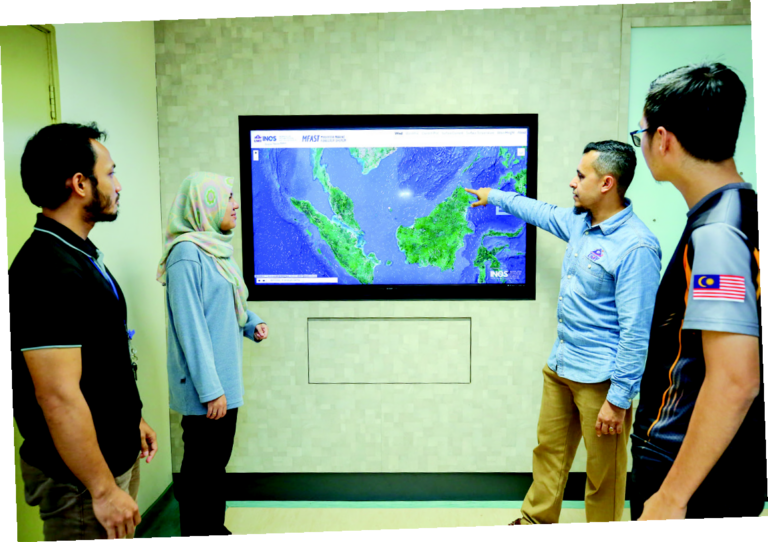
Discussing research progress with the Coastal Oceanography Dynamic (COD) team
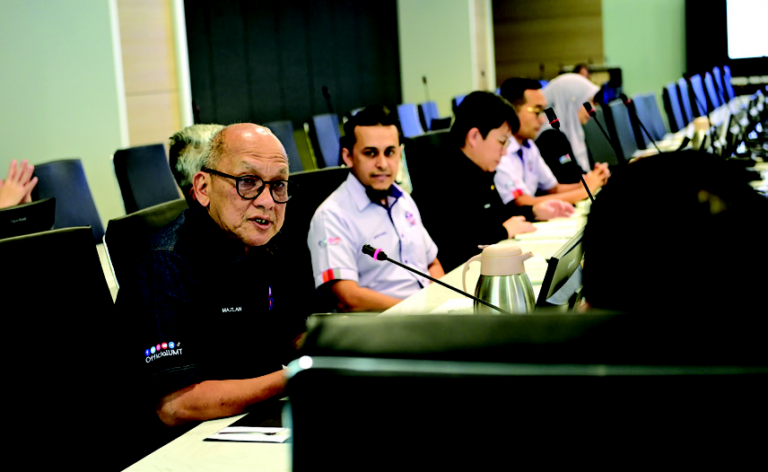
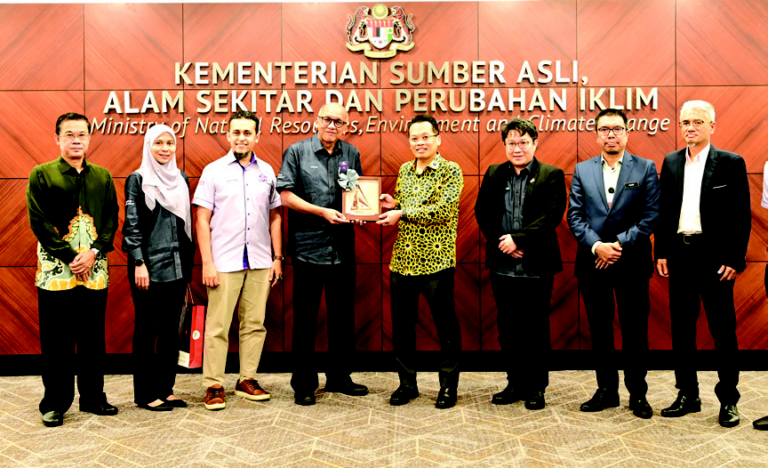
INOS and other UMT delegates meeting with Minister of Natural Resources, Environment, and Climate Change (NRECC) Nik Nazmi Nik Ahmad. As a HICoE, INOS works closely with NRECC Ministry on oceanographic matters
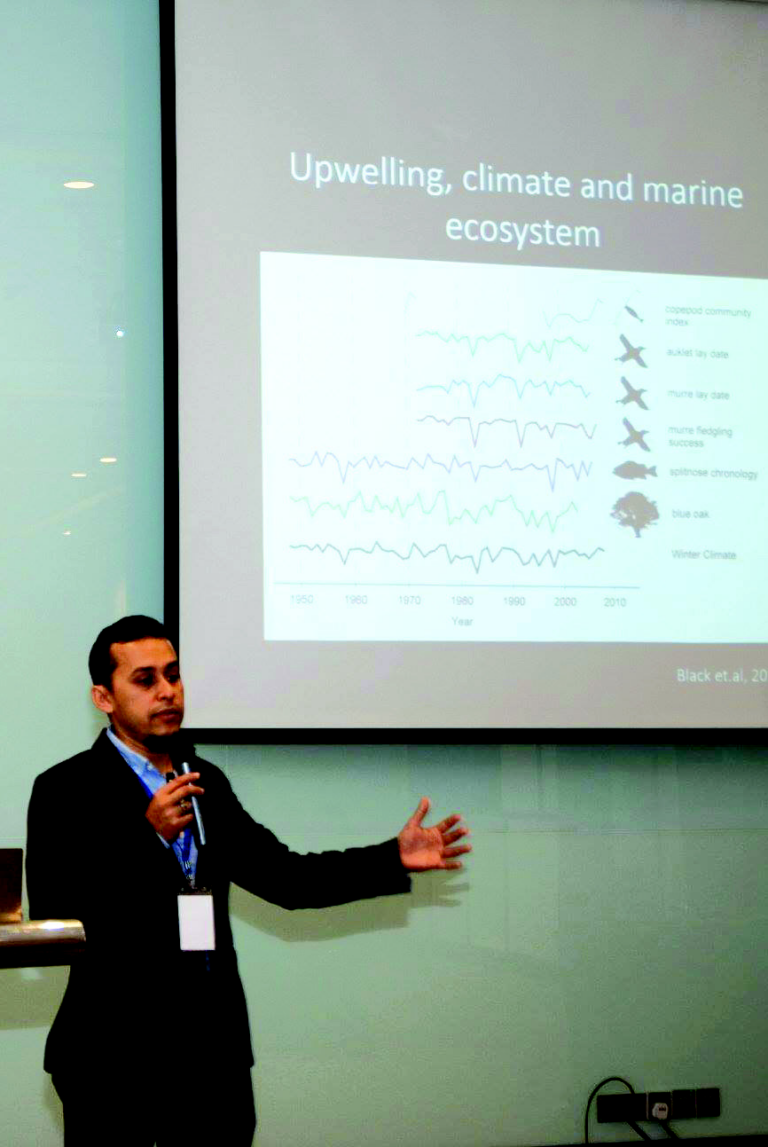
Delivering talk in the First IOC-WESTPAC Workshop on upwelling region in the South China Sea
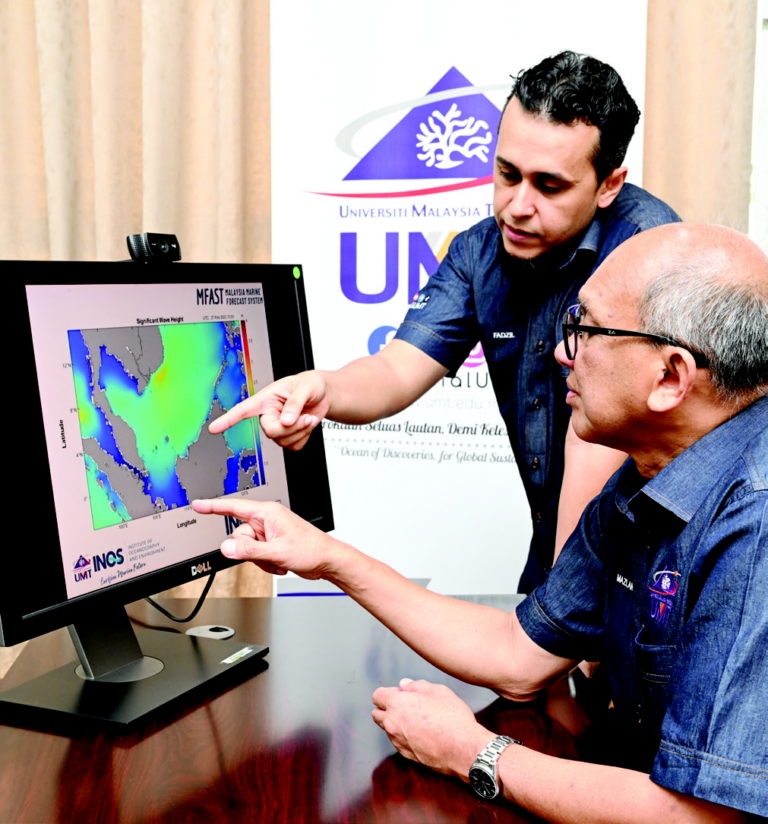
Demonstrating the MFAST application to Professor Mazlan
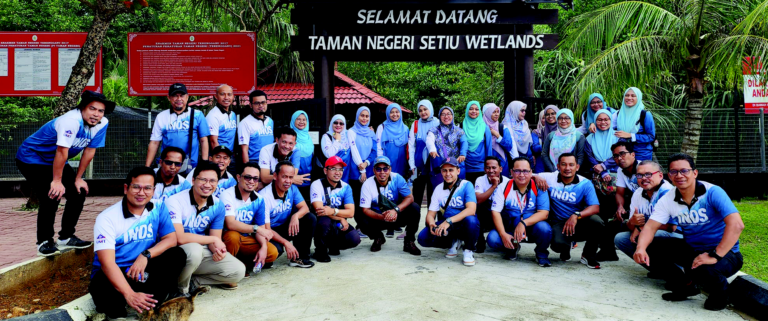
INOS “Engage & Innovate: For Ocean and Us” 2023 programme at Setiu Wetlands
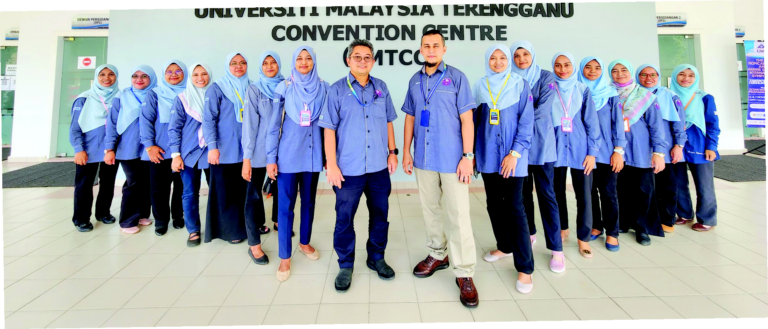
With the 3rd Tropical Ocean and Marine Sciences International Symposium (TOMSY) 2022 organising committee

Copyright © INOS | Institute of Oceanography and Environment | Universiti Malaysia Terenganu | 2024. All rights reserved.